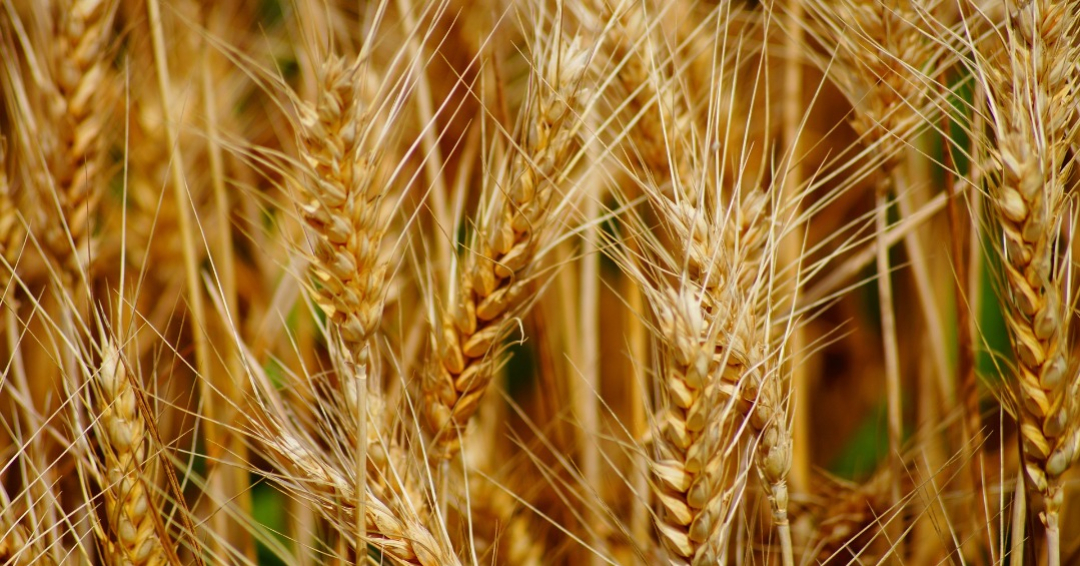Ethiopia has been relying on durum wheat varieties for their agriculture for 5,000 years until the 1940s when conventional bread wheat was introduced. Durum wheat is still consumed in various ways in the country.
Carlo Fadda, the principal scientist at the Alliance of Biodiversity International and CIAT, emphasizes that the durum wheat varieties in Ethiopia have significant implications for the future of agriculture. These varieties have evolved under natural and artificial selection for thousands of years, making them highly adapted to Ethiopia's climate and soils.
Matteo Dell'Acqua, a plant geneticist from the Scuola Superiore Sant'Anna, has been collaborating with Ethiopian farmers to find new ways to integrate their knowledge into the agricultural innovation process. Ethiopian farmers recognize that they cannot rely solely on a single type of wheat bred for productivity, especially with the challenges of drought and soil degradation. Farmers often have to make difficult trade-offs when it comes to selecting wheat varieties. They may choose varieties that are more likely to survive until harvest time, even if they are less productive. Additionally, the pool of available diversity for selection is often limited, making it challenging to find optimal varieties for their specific conditions.
Pentru a găsi un echilibru între adaptare și utilizare, cercetătorii au căutat în băncile de gene etiopiene variațiile genetice care pot contribui la îmbunătățirea viitoarelor culturi. Prin încrucișarea soiurilor tradiționale etiopiene de grâu dur cu linii internaționale ameliorate, au produs 1200 de noi materiale genetice. Scopul a fost să creeze noi combinații originale, care pot fi utilizate în agricultură. Aceste soiuri noi au fost evaluate de grupuri de fermieri etiopieni în teste pe teren, la scară largă. Preferințele și feedback-ul acestora au fost cuantificate și comparate folosind măsurători agronomice ale performanței culturilor, cum ar fi randamentul. Aceste informații, în combinație cu secvențierea ADN-ului soiurilor de grâu, au fost folosite pentru a construi modele de predicție a performanței.
The researchers have published their latest findings in the Proceedings of the National Academy of Sciences, showing that farmer evaluations can effectively predict wheat yield. They plan to use the data generated by these "citizen scientists" to inform selection and breeding in the future. One reviewer described the results as "mind-blowing," noting that the genomic selection model using farmers' overall appreciation had a higher prediction accuracy over grain yield than the model trained on grain yield itself. It is important to note that the involvement of farmers in the selection and breeding process does not mean that they should replace the scientists. Instead, data-driven methods, such as those used in this study, can help capture the complexity of the real world and incorporate it into breeding decisions that target user needs. Farmers can be a valuable complement to this process, bringing their knowledge of local conditions, cultural heritage, and preferences to bear on the selection of appropriate varieties.
Source: phys.org

